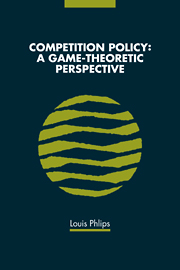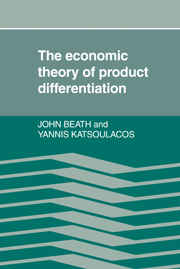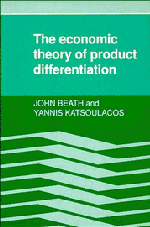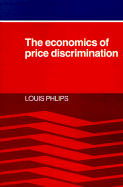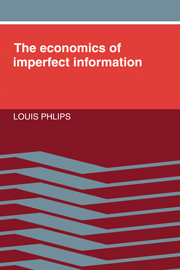Competition Policy
This book uses game theory to analyse anti-competitive behaviour among firms and to consider its implications for competition policy. Part I focuses on 'explicit collusion': the author proves that 'four are few and six are many', and shows how cartels can be enforced under imperfect and incomplete information. Part II on 'tacit collusion' discusses the informational requirements of collusion detection in noncooperative repeated games. In Part III on 'semicollusion', excess capacity is shown to reinforce collusion. Part IV is devoted to the detection of predatory pricing. In this book, Louis Phlips applies the latest economic theory to a discussion of several European antitrust decisions and empirical studies. The presentation of case studies, combined with a clear exposition of the theory, will make this book invaluable to teachers and students of competition policy.
- An entirely up-to-date book, which uses the most modern economic techniques to analyse anti-competition behaviour & competition policy
- Offers a combination of the latest theory and empirical studies
- The latest book from Louis Phlips, the president of the European Economic Association for 1995, and a highly successful and well-known Cambridge author
Product details
April 2011Adobe eBook Reader
9780511887918
0 pages
0kg
28 line figures
This ISBN is for an eBook version which is distributed on our behalf by a third party.
Table of Contents
- Preface
- Acknowledgements
- 1. Preliminaries
- Part I. Explicit Collusion:
- 2. Four are few and six are many
- 3. Cartel laws are good for business
- 4. Cartel enforcement
- Part II. Tacit Collusion:
- 5. Information sharing among oligopolists
- 6. Repeated games with collusive outcomes
- 7. Price leadership and conscious parallelism
- 8. Collusion detection
- Part III. Semicollusion:
- 9. Excess capacity and collusion
- 10. Collusion in R & D
- Part IV. Predatory Pricing:
- 11. Predation in theory
- 12. Evidence on predation
- 13. Antitrust implications.

